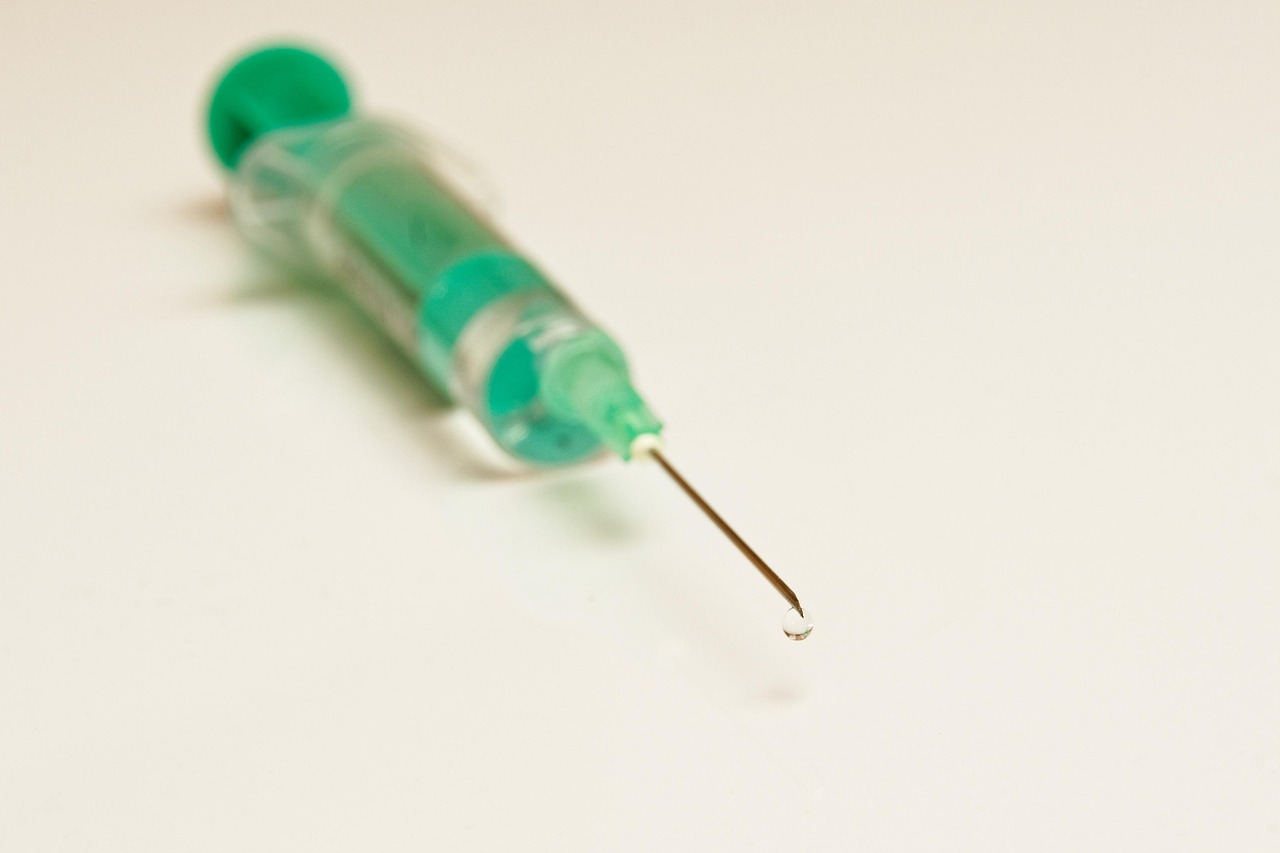News release
From:
The Lancet: Once-a-year injection to protect against HIV is safe and shows promise as a long-acting prevention medication, phase 1 study finds
A phase 1 randomised control trial of an intramuscular injection (when medication is injected into the muscle tissue) of lenacapavir [1] finds that a once-a-year injection to prevent HIV infection is safe and concentrations of the medication remain in the body for at least 56 weeks. The new study, published in The Lancet and simultaneously presented at the 2025 Conference on Retroviruses and Opportunistic Infections (CROI), is the first to evaluate a once-yearly injection of an HIV pre-exposure prophylaxis (PrEP) medication.
PrEP is a medication regimen used to prevent HIV infection in people who are at risk of exposure to HIV by blocking the virus from entering and replicating in human cells. PrEP is currently approved as a daily pill or an every-other-month injection. When taken correctly, PrEP is more than 90% effective at preventing HIV. However, in 2023 only 3.5 million of the 21.2 million people who would benefit from PrEP were receiving it [2], highlighting the need to eliminate existing barriers – such as stigma and discrimination, limited access to health clinics, lack of adherence to currently available regimens, and medication cost – including via longer-acting PrEP options. PrEP medications are not the same as vaccines and there is currently no available vaccine to prevent HIV.
In the new study, 40 participants without HIV aged 18–55 years were injected with one of two lenacapavir formulations administered as a single dose. Samples were collected at prespecified timepoints up to 56 weeks to evaluate the safety and pharmacokinetics (how a medication moves through the human body) of the injection. The medication was generally well tolerated, with injection site pain being the most common adverse event. No clinically significant safety concerns were identified.
After 56 weeks, medium plasma concentrations of intramuscular lenacapavir exceeded those associated with efficacy in phase 3 studies [3,4] of a twice-a-year subcutaneous injection (an injection underneath the skin and above the muscle tissue) of lenacapavir for PrEP. As a phase 1 study, the trial measured safety and the body’s physiological response – it did not measure effectiveness at preventing HIV infection, and further clinical trials are needed, including with participants from more diverse population sets.
The authors say that expanding options for PrEP, such as a potential once-a-year injection, can help overcome current barriers to access and adherence and drive progress toward reducing new HIV infections.
These findings will be presented at CROI 2025 on Tuesday 11 March, program details for conference attendees are available at www.croiconference.org.
[1] Lenacapavir was first developed as an antiretroviral medication used to treat HIV (in combination with other HIV medications). A twice-yearly lenacapavir for PrEP injection is currently under an accelerated review with the US Food and Drug Administration (FDA) with a decision anticipated in June 2025: https://www.gilead.com/news/news-details/2025/us-fda-accepts-gileads-new-drug-applications-for-twice-yearly-lenacapavir-for-hiv-prevention-under-priority-review
[2] UNAIDS 2024 global AIDS report — The Urgency of Now: AIDS at a Crossroads: https://www.unaids.org/en/resources/documents/2024/global-aids-update-2024
[3] https://www.nejm.org/doi/full/10.1056/NEJMoa2407001
[4] https://www.nejm.org/doi/full/10.1056/NEJMoa2411858



 International
International



